Towards the 43rd anniversary of Vietnamese Teachers' Day on November 20, the People's Committee of Ho Chi Minh City organized a meeting with teachers and more than 70 leaders of universities, academies and branches in the area last weekend.
Attending the meeting were Mr. Tran Luu Quang, Secretary of the Party Central Committee, Secretary of the Ho Chi Minh City Party Committee; Associate Professor, Dr. Vu Hai Quan, Member of the Party Central Committee, Permanent Deputy Minister of Science and Technology ; Mr. Nguyen Van Duoc, Member of the Party Central Committee, Deputy Secretary of the City Party Committee, Chairman of the Ho Chi Minh City People's Committee; Ms. Tran Thi Dieu Thuy, Member of the City Party Committee, Vice Chairman of the Ho Chi Minh City People's Committee and leaders of departments, branches and sectors.
Many practical suggestions from academia
The meeting was not only an opportunity to show gratitude to the teaching staff but also became a forum for city leaders to listen, discuss and resolve problems from university representatives.
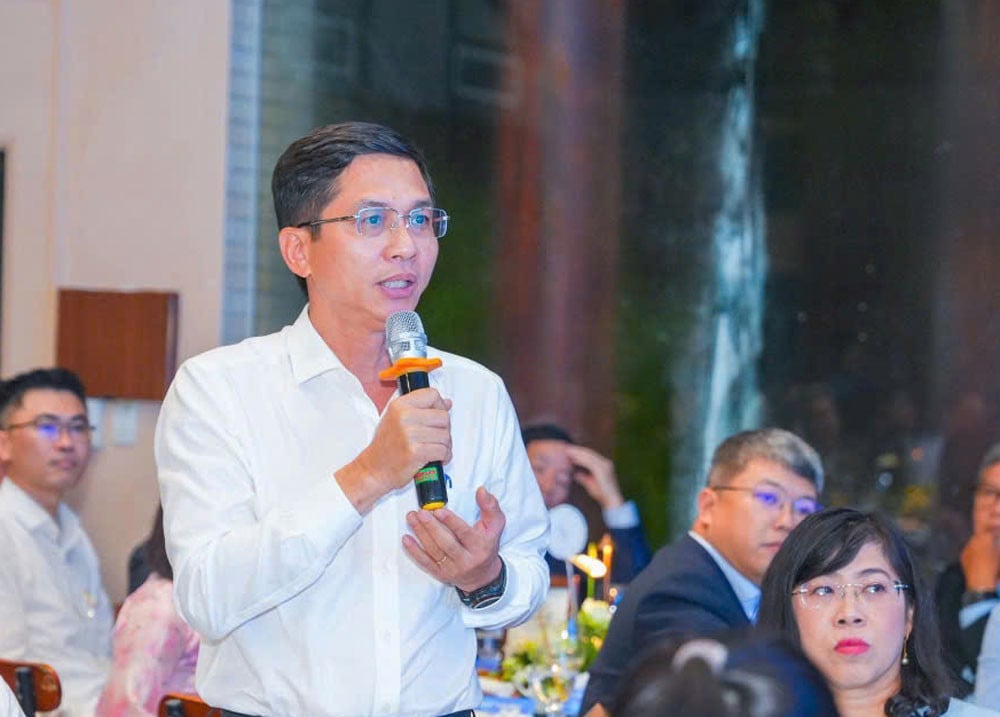
Opening the discussion, Associate Professor Dr. Hoang Cong Gia Khanh, Rector of the University of Economics and Law (UEL, VNU-HCM), shared his journey with the city in managing and developing public assets.
He said that the policy of transferring surplus public assets after restructuring the apparatus to educational and health units is "very correct and timely", but needs to be specified with clear principles, criteria and conditions.
He also informed that UEL has completed the Project on Management, Exploitation and Use of Public Assets assigned by the Ho Chi Minh City People's Committee to coordinate implementation and is ready to continue research to complete the set of transfer criteria.
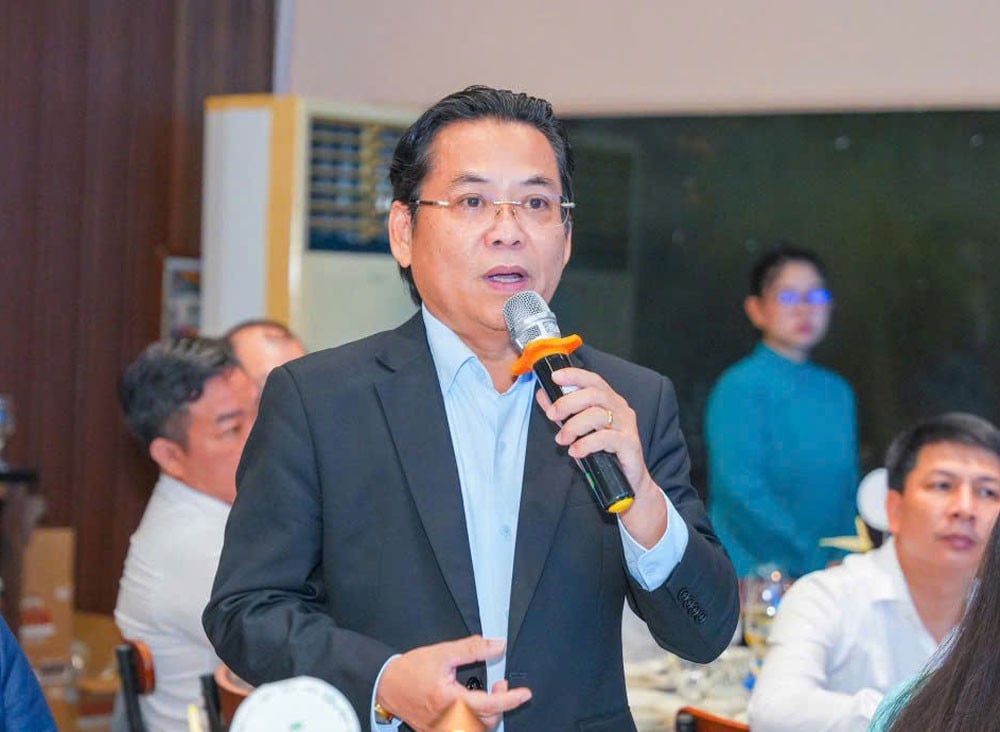
From the perspective of expanding urban development, Associate Professor Dr. Nguyen Huu Huy Nhut, Vice Principal in charge of Hoa Sen University (HSU), proposed that Ho Chi Minh City consider the marine economy as a new growth driver. According to him, this is a “green and knowledge-based development horizon”, aiming towards a circular and sustainable economic model.
HSU proposed three strategic pillars. One is to develop modern ports - logistics - maritime services; two is to develop coastal cities and blue sea tourism economy; and three is to build a research and innovation center for marine economy.
Also related to green transformation, Dr. Le Mai Lan, Vice President of Vingroup Corporation, Chairman of VinUni School Council, said that Ho Chi Minh City emits 35-40 million tons of CO₂ each year. Of which, industry - energy accounts for 40%, transportation 25% and infrastructure - living nearly 30%. If action is delayed, the loss could cause the city to lose up to 3% of GRDP each year by 2050.
From there, VinUni proposed three strategic solutions: establishing the Steering Committee and the Ho Chi Minh City Green Transformation Fund; launching the Comprehensive Electrification and Circularization Program 2025-2030; and issuing the Green Data Strategy and Index.
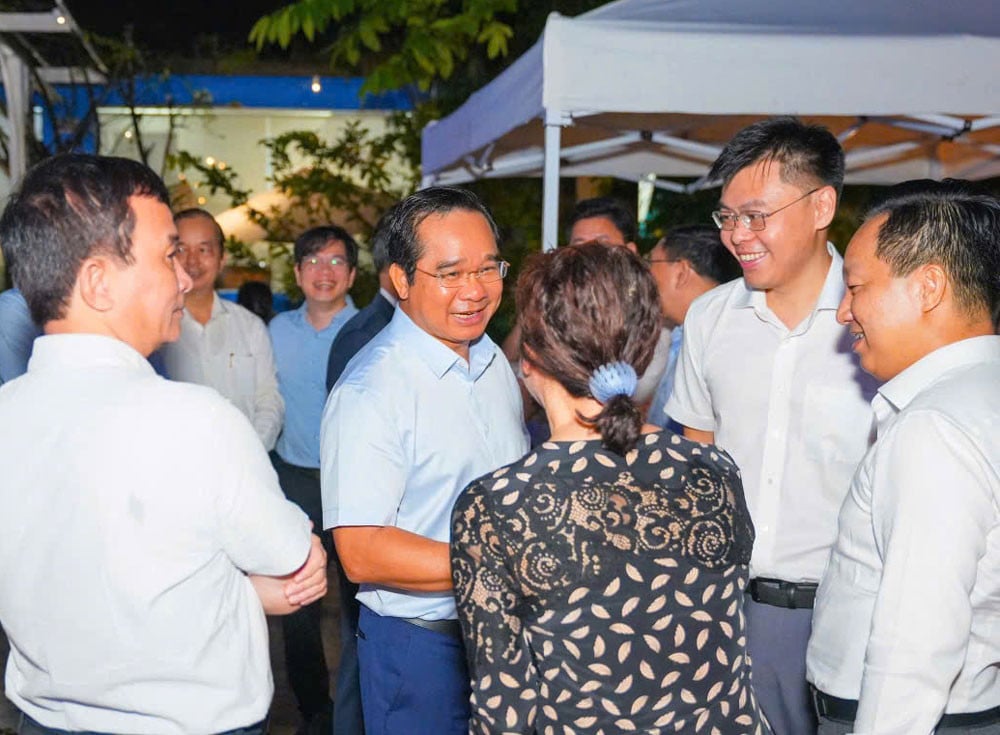
From the international research community, Prof. Dr. Nguyen Thu Anh, Director of the University of Sydney Vietnam (SVI), recommended that Ho Chi Minh City prioritize the development of precision medicine and biotechnology by applying artificial intelligence, big data and smart devices, and at the same time, form a biotechnology research and production center. The city also needs to take advantage of raw materials and Vietnamese cuisine to develop clean functional foods. SVI hopes to receive support in tax exemption procedures and international aid to deploy research to serve the community.
If you want to develop, you must dare to do things differently.
Meanwhile, Professor Huynh Van Son, Principal of Ho Chi Minh City University of Education, emphasized the role of culture - education and mental health in urban development.
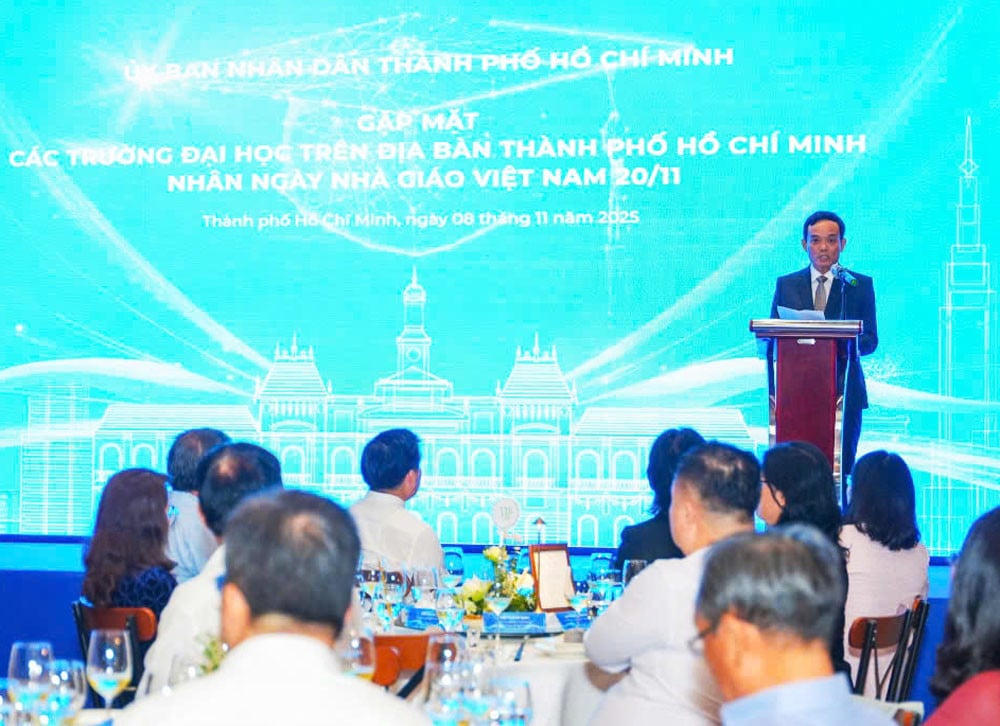
He suggested that the city digitize scientific data and encourage scientists to order research directly, instead of using complicated administrative mechanisms. He said that his school has built a program group on culture, education, social security and "returning to the source" to preserve traditions in Con Dao.
Listening to the proposals, Secretary of the Ho Chi Minh City Party Committee Tran Luu Quang said: The city has a policy to take advantage of surplus land and headquarters for education and health development, with specific proposals from schools such as Ho Chi Minh City University of Medicine and Pharmacy, Vietnam-Germany University, Ho Chi Minh City University of Economics and Ho Chi Minh City National University.
At the same time, city leaders also acknowledged initiatives from universities to serve socio-economic development goals, especially green transformation in Can Gio and Con Dao.
According to him, the city is studying the establishment of a Steering Committee for Ho Chi Minh City Development, in which green transformation could be a sub-committee, along with plans to promote waste treatment using waste-to-energy technology and recycling.
Regarding the development orientation of Con Dao, the Secretary said the city will build this place into a green area, gradually switch to using electric vehicles, and at the same time "encourage universities to organize students to come to Con Dao at least once to understand the history and ideals of life".
Ho Chi Minh City is committed to creating all favorable conditions for universities to develop to their fullest potential and promote the effectiveness of the school-institute-government model, Mr. Tran Luu Quang emphasized.
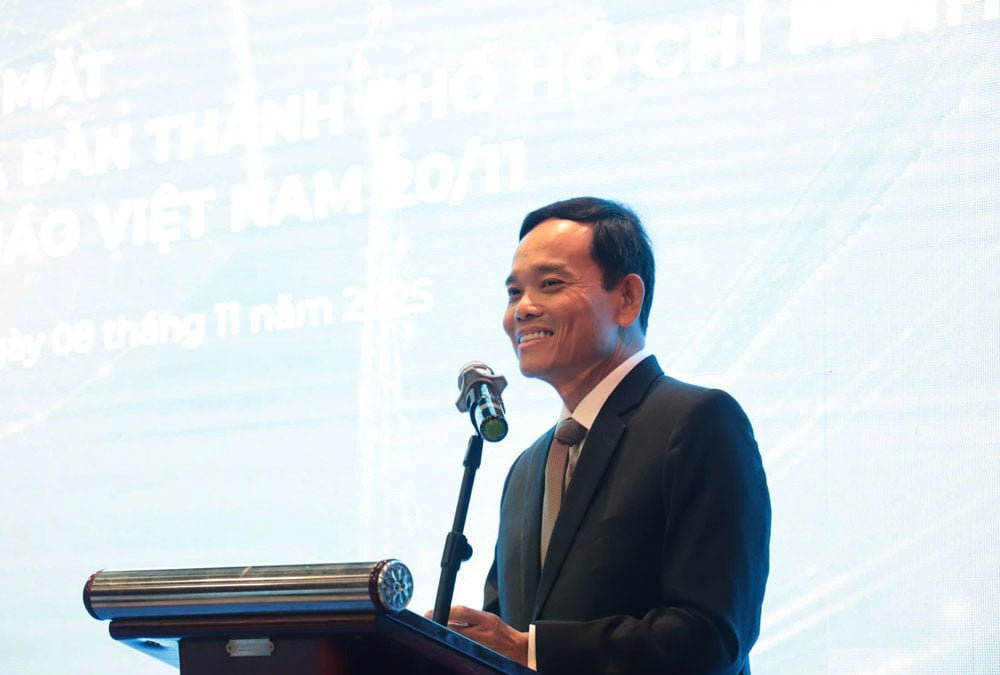
In his concluding remarks, Secretary Tran Luu Quang sent a strong message to the academic community that in the near future, Ho Chi Minh City will have changes, especially changes in the way of doing things and approaches to difficult tasks, because if we do things the old way, it will be difficult to solve them. "We encourage everyone to be braver," he said.
He said that the current system has changed a lot, if we know how to take advantage of it flexibly, Ho Chi Minh City will have more opportunities to make a breakthrough. The head of the city's Party Committee also expressed his wish to listen more to experts and scientists, and assigned the Ho Chi Minh City Institute for Development Studies (HIDS) to be the focal point to receive, classify, and advise opinions for the city's leaders.
The meeting ended as a new commitment between the government and scientists to "together build a knowledgeable, creative and sustainably developing Ho Chi Minh City".
Source: https://vietnamnet.vn/bi-thu-tran-luu-quang-tphcm-se-thay-doi-cach-lam-tiep-can-nhung-viec-kho-2461163.html


![[Photo] Prime Minister Pham Minh Chinh chairs a meeting on housing policy and the real estate market.](https://vphoto.vietnam.vn/thumb/1200x675/vietnam/resource/IMAGE/2025/11/11/1762838719858_dsc-2107-jpg.webp)
![[Photo] Chu Noodles - the essence of rice and sunshine](https://vphoto.vietnam.vn/thumb/1200x675/vietnam/resource/IMAGE/2025/11/11/1762846220477_ndo_tl_7-jpg.webp)


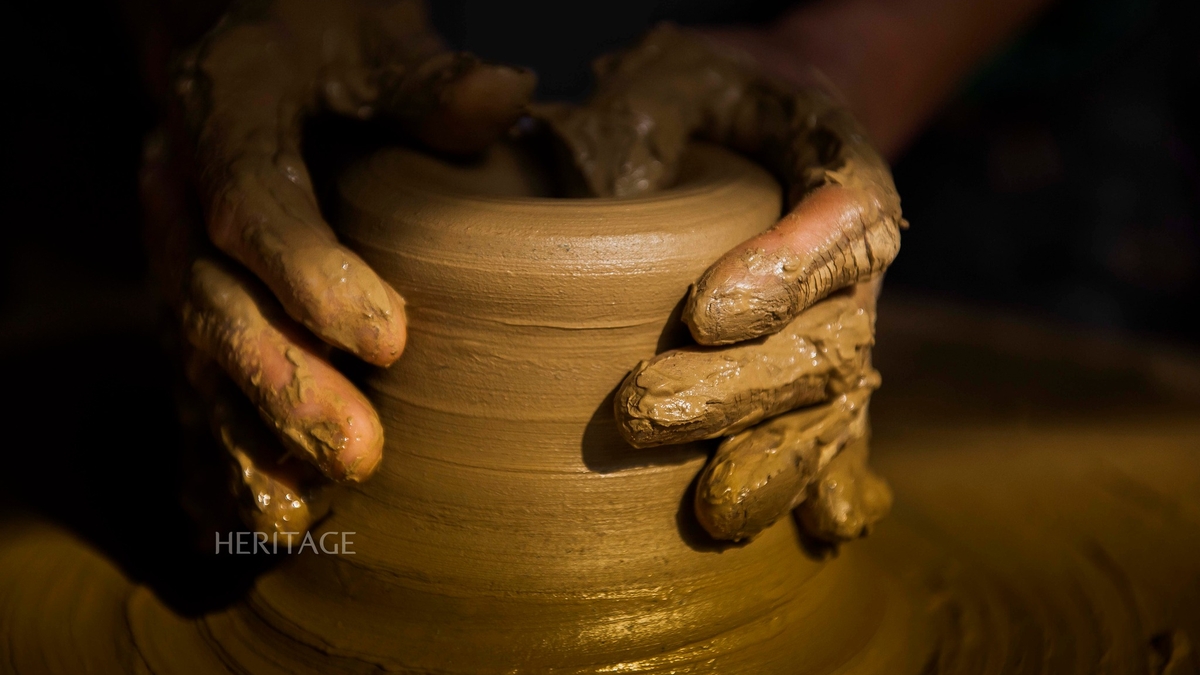


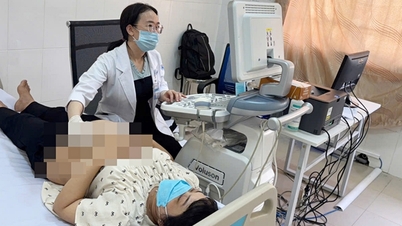



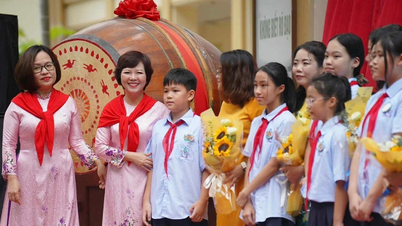


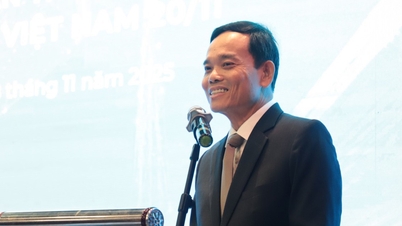









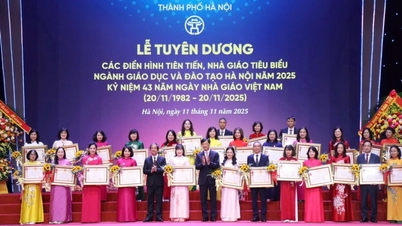









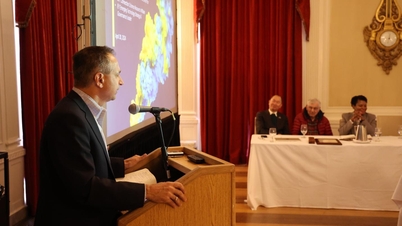
































































![Dong Nai OCOP transformation: [Article 4] Reaching national standard products](https://vphoto.vietnam.vn/thumb/402x226/vietnam/resource/IMAGE/2025/11/11/1762825820379_4702-cac-san-pham-trai-cay-chung-nhan-ocop-nongnghiep-174649.jpeg)



![Dong Nai OCOP transition: [Article 3] Linking tourism with OCOP product consumption](https://vphoto.vietnam.vn/thumb/402x226/vietnam/resource/IMAGE/2025/11/10/1762739199309_1324-2740-7_n-162543_981.jpeg)




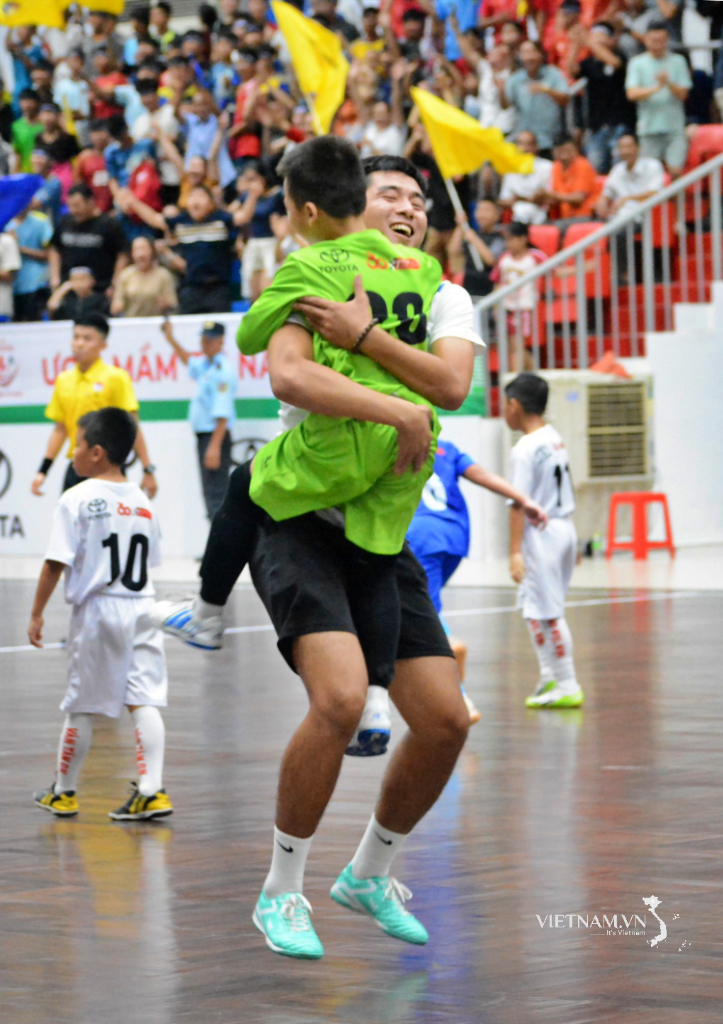
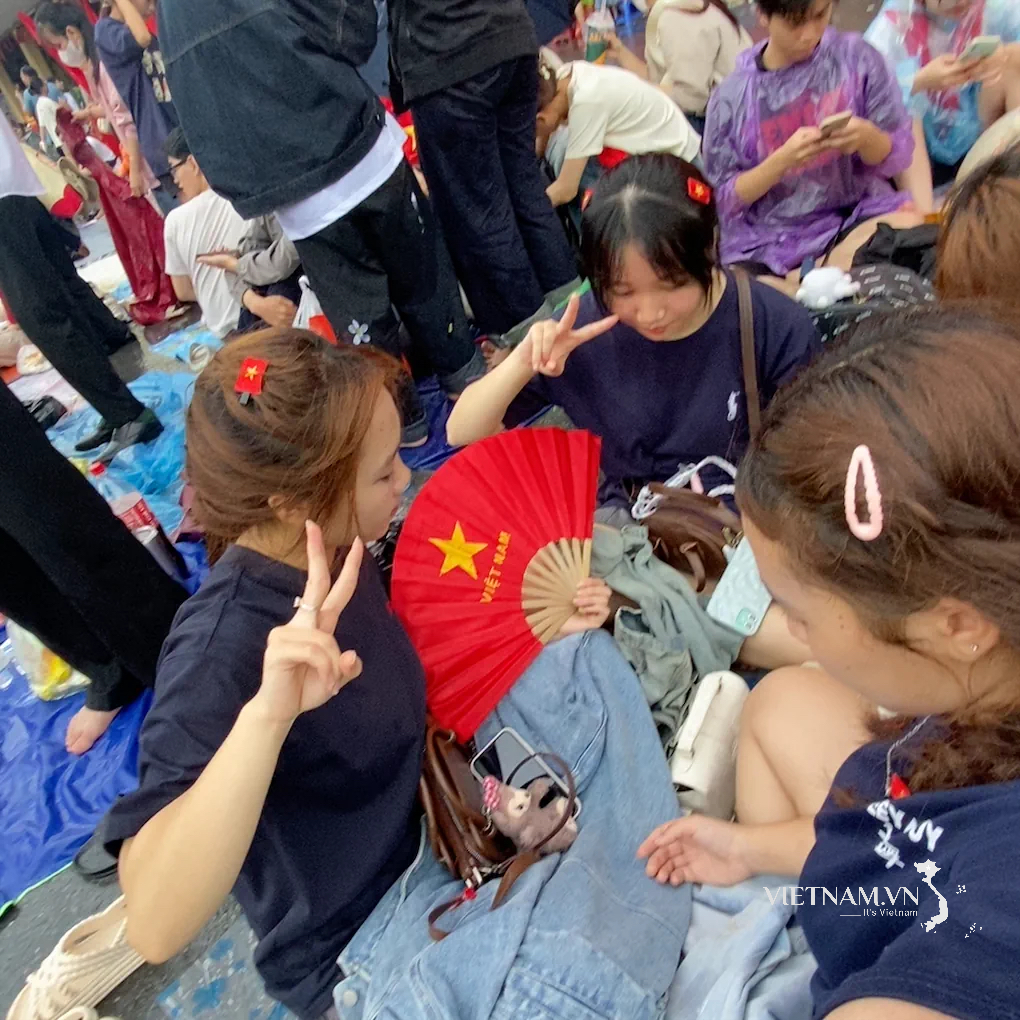
Comment (0)